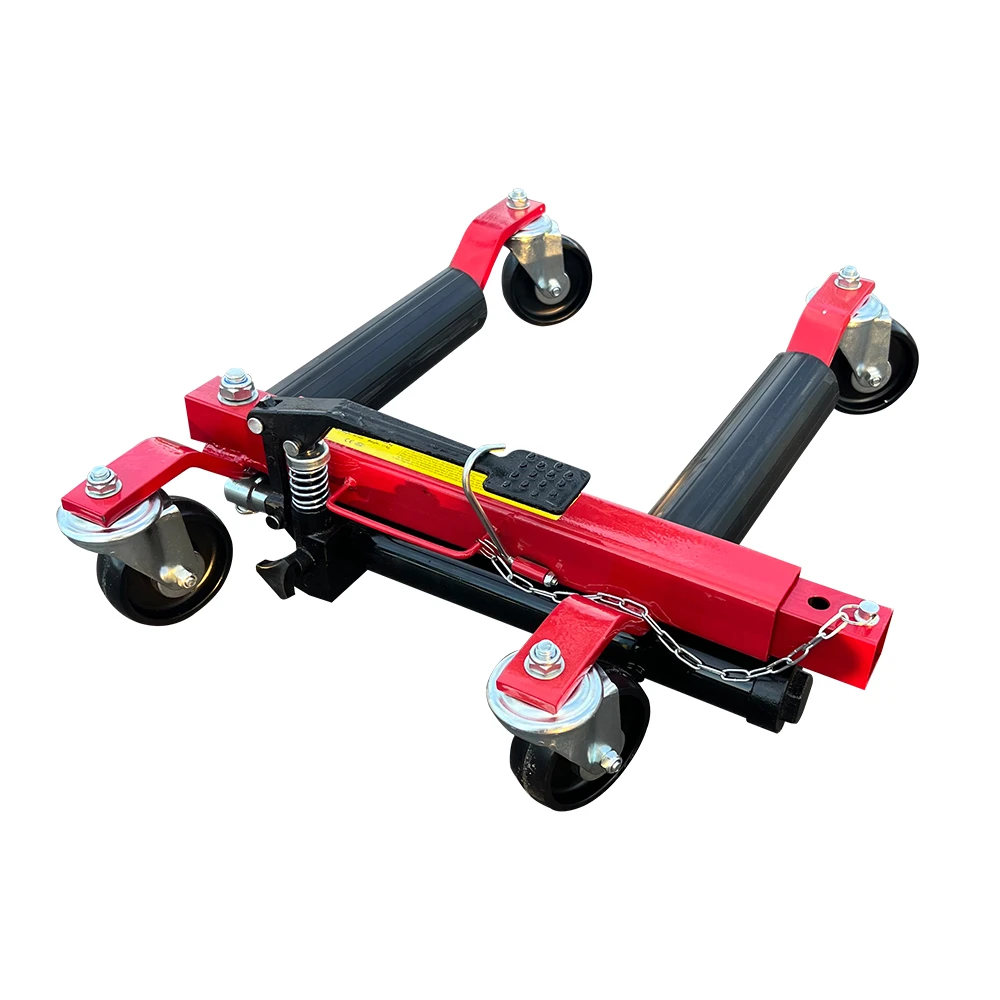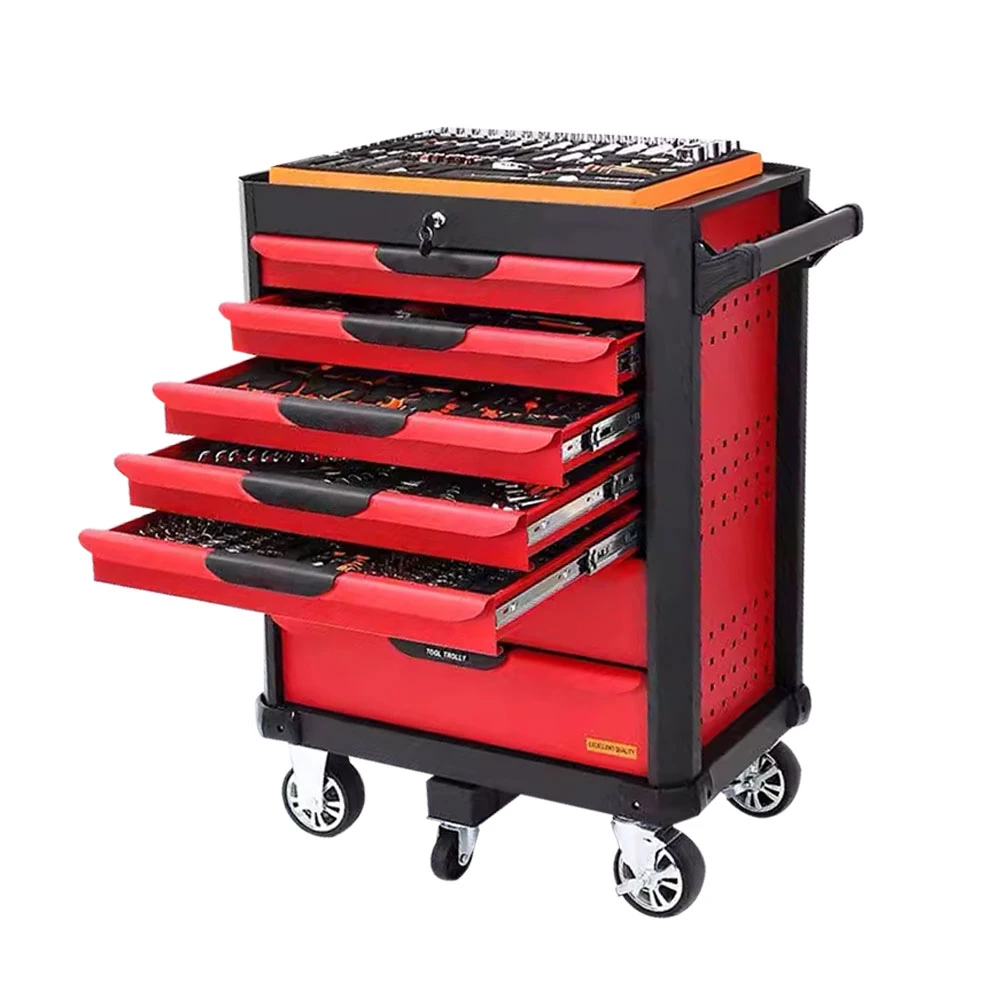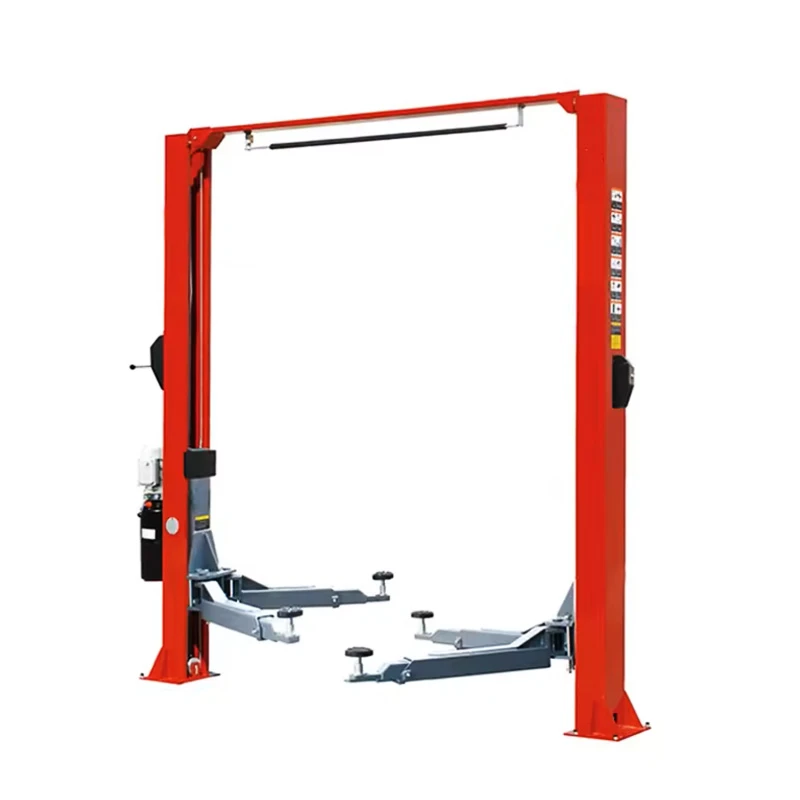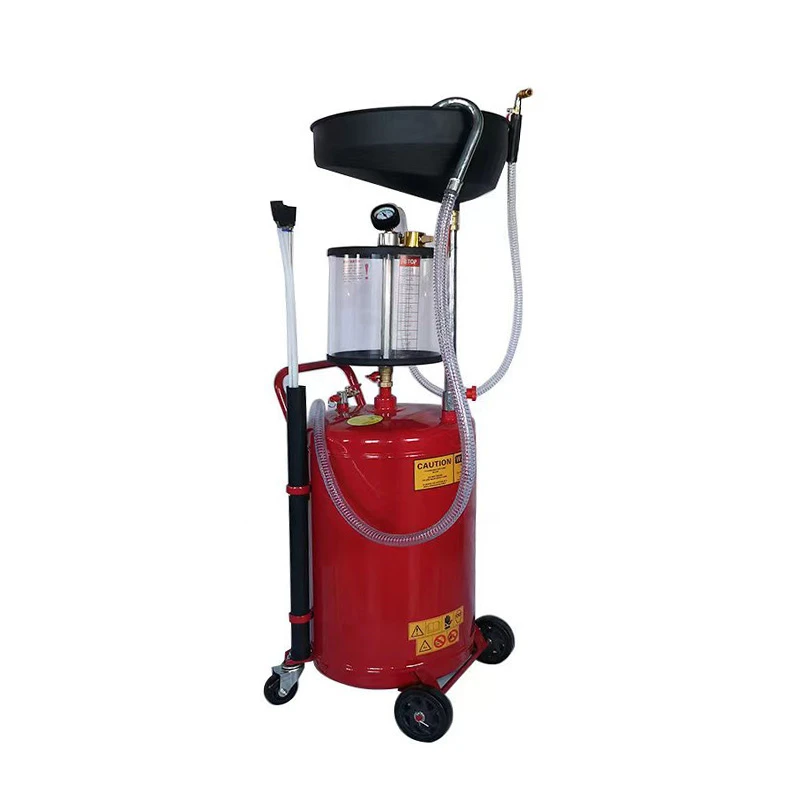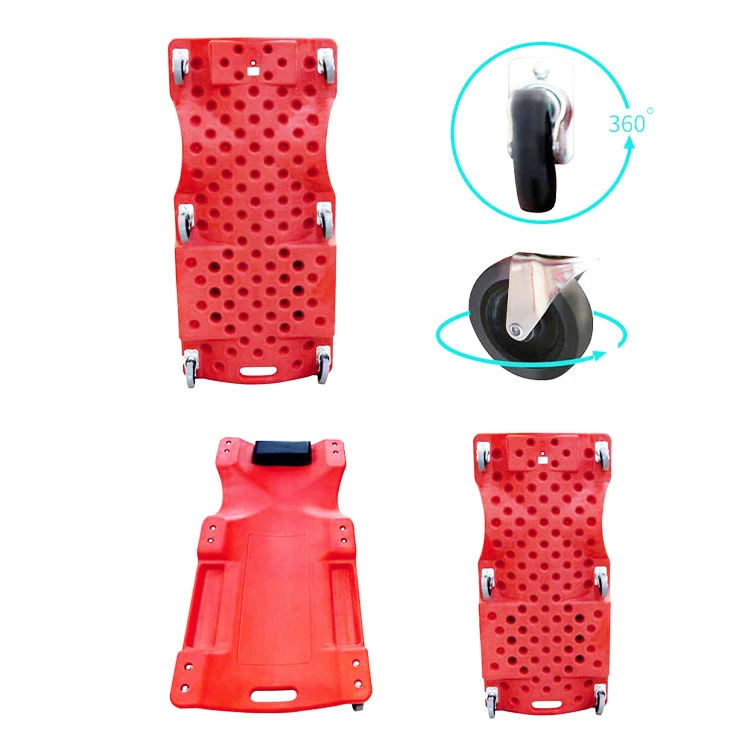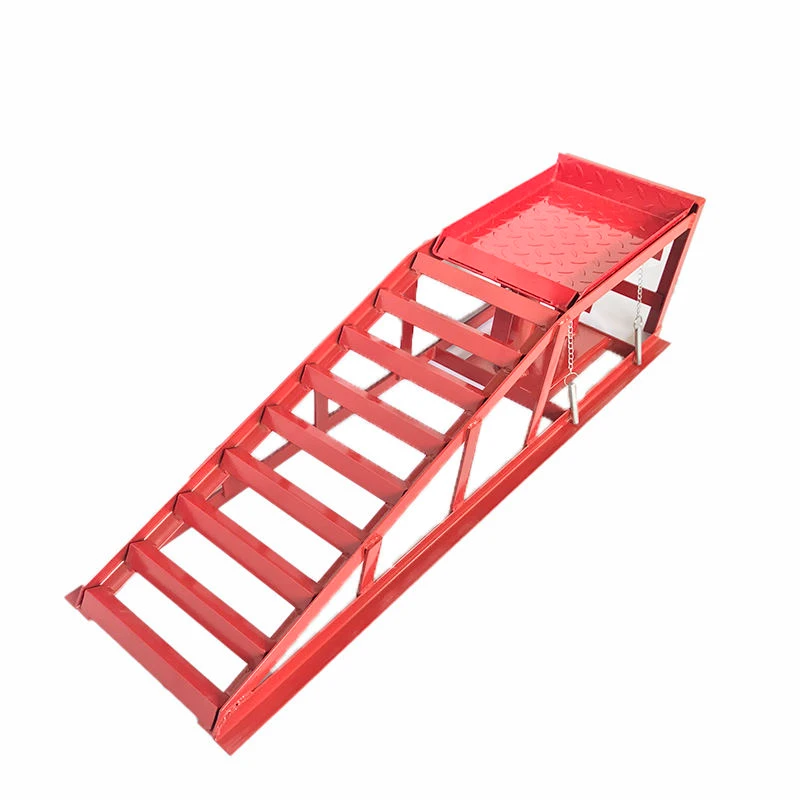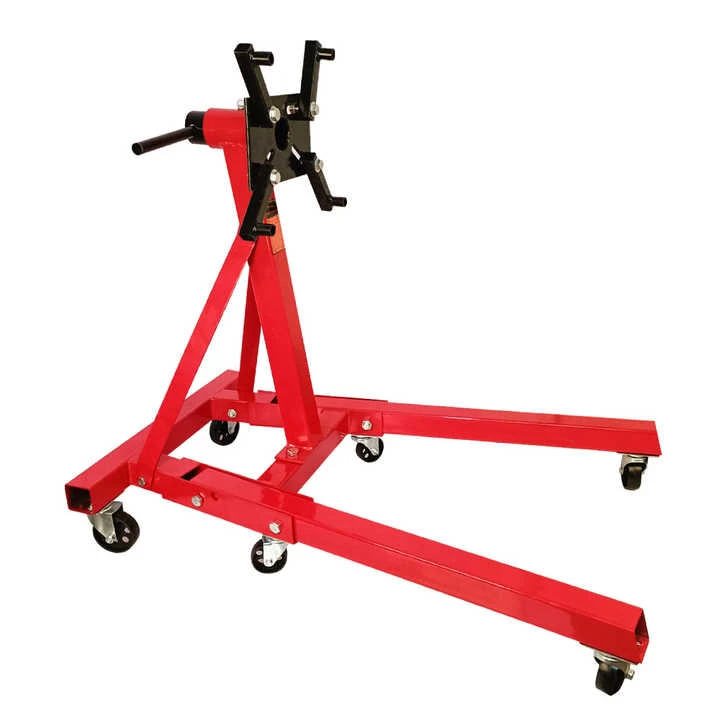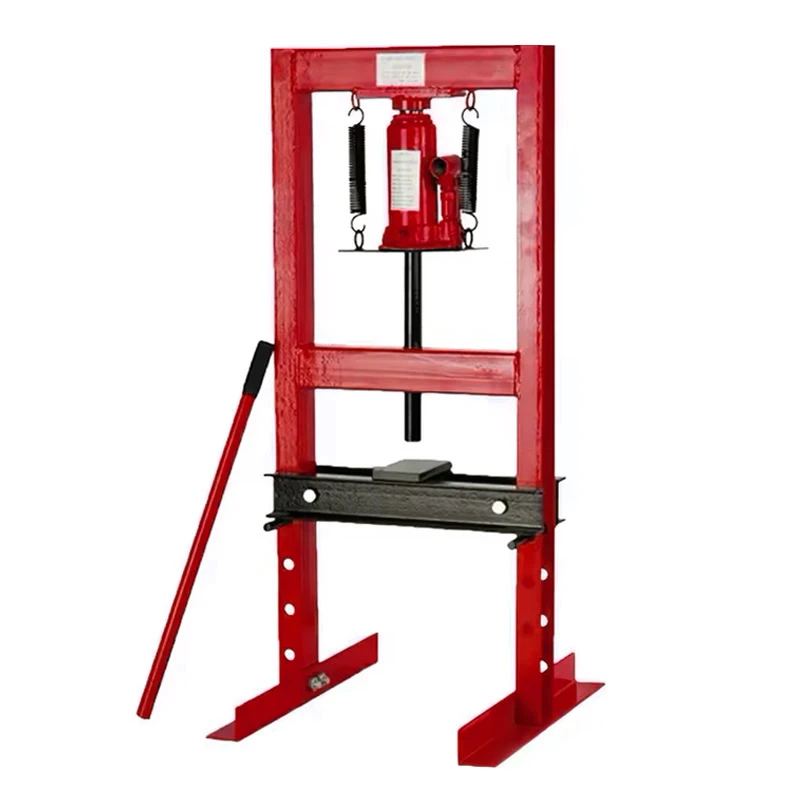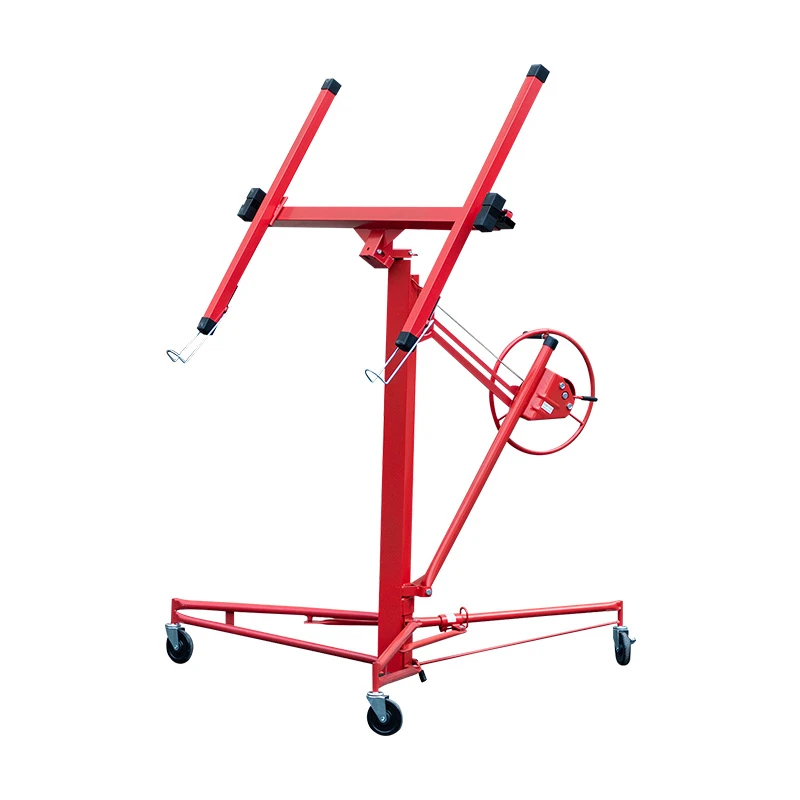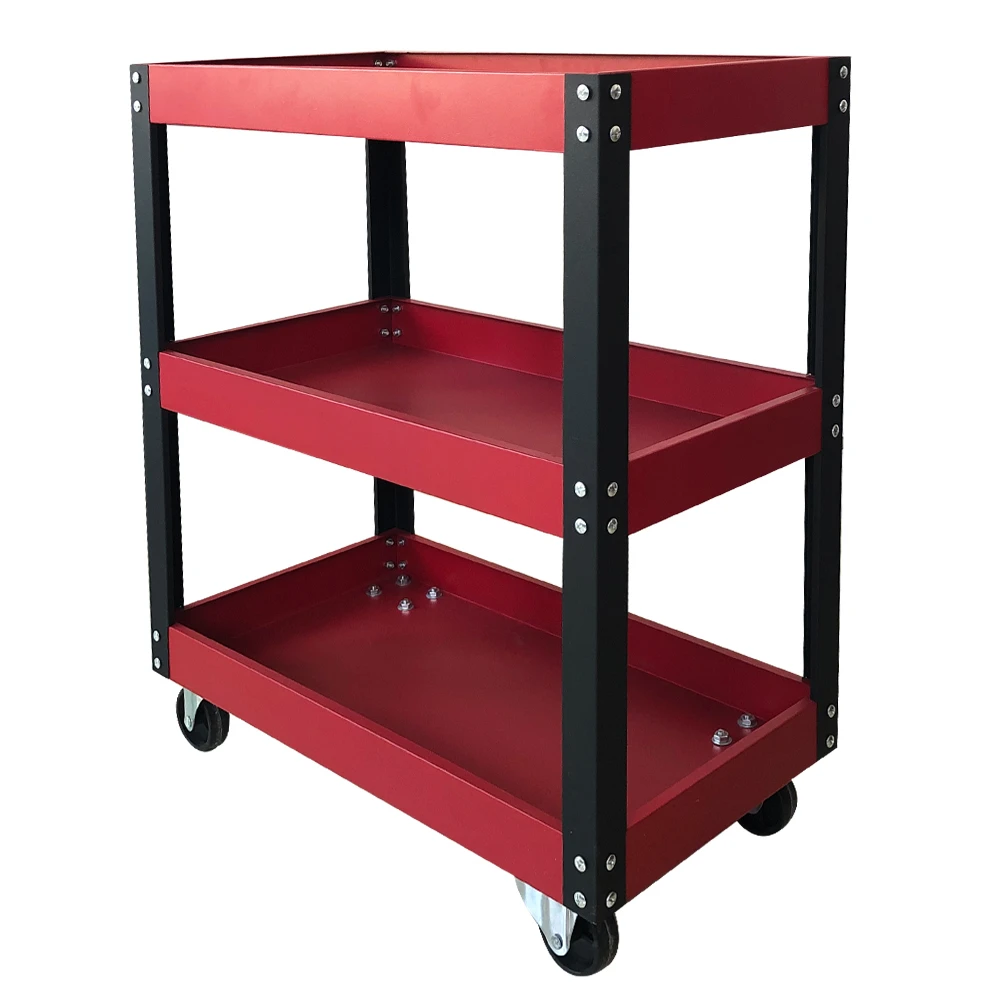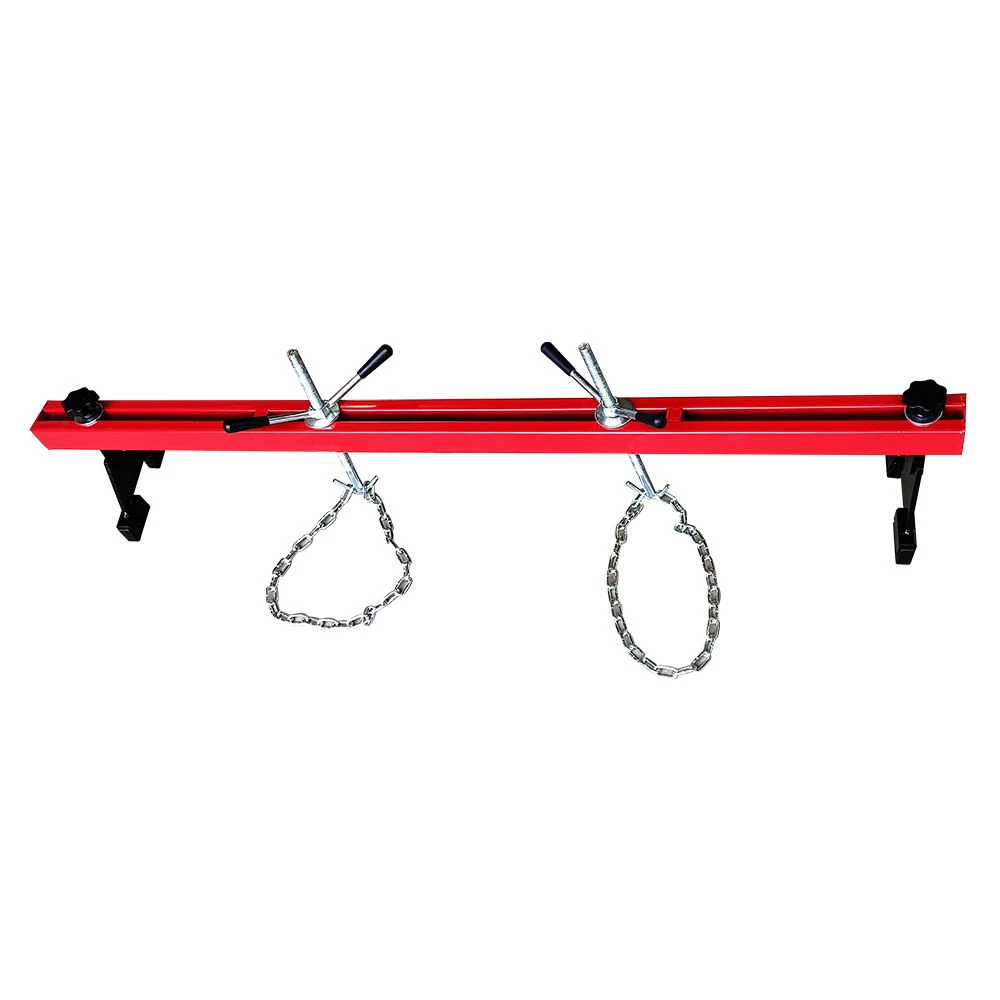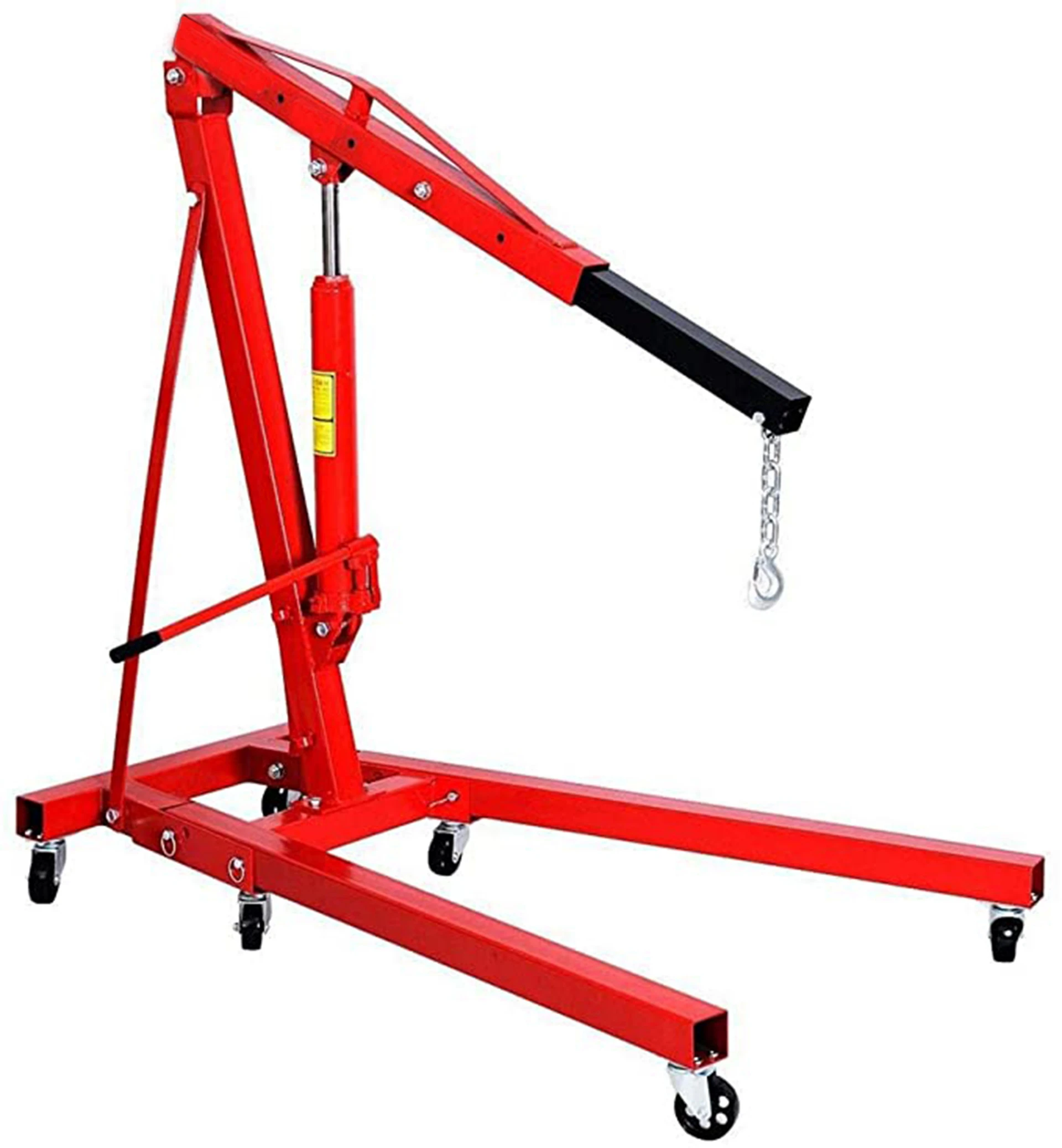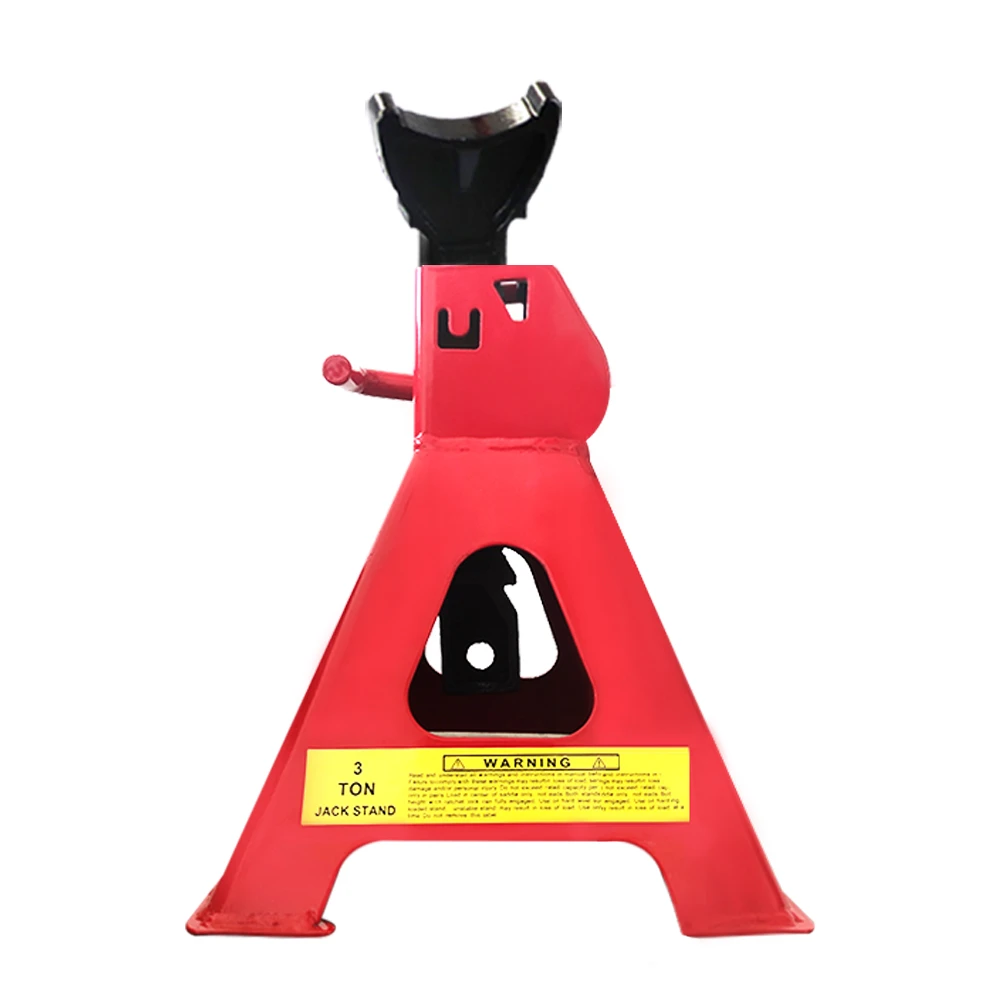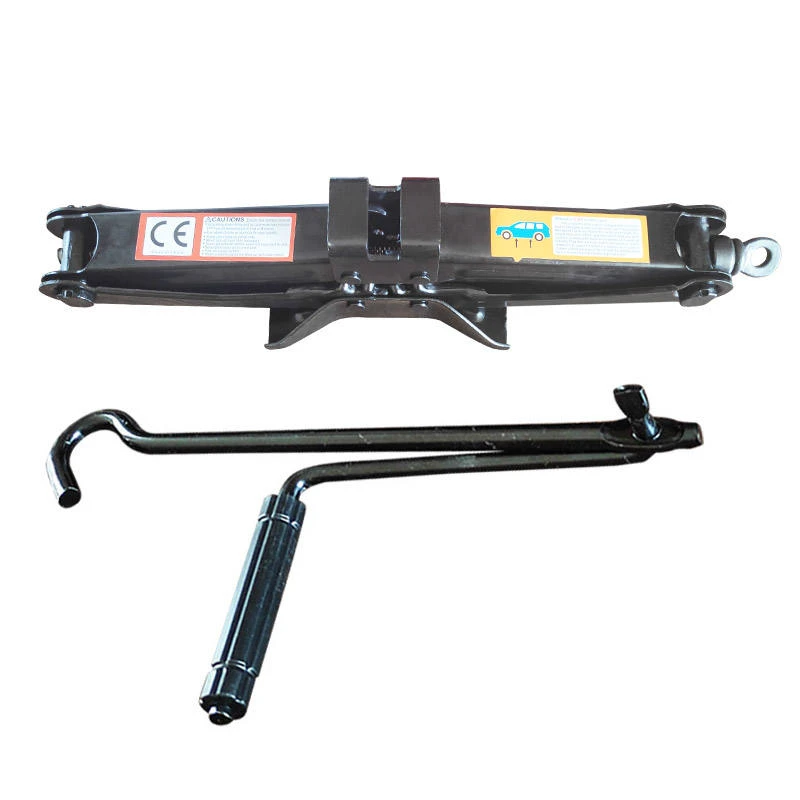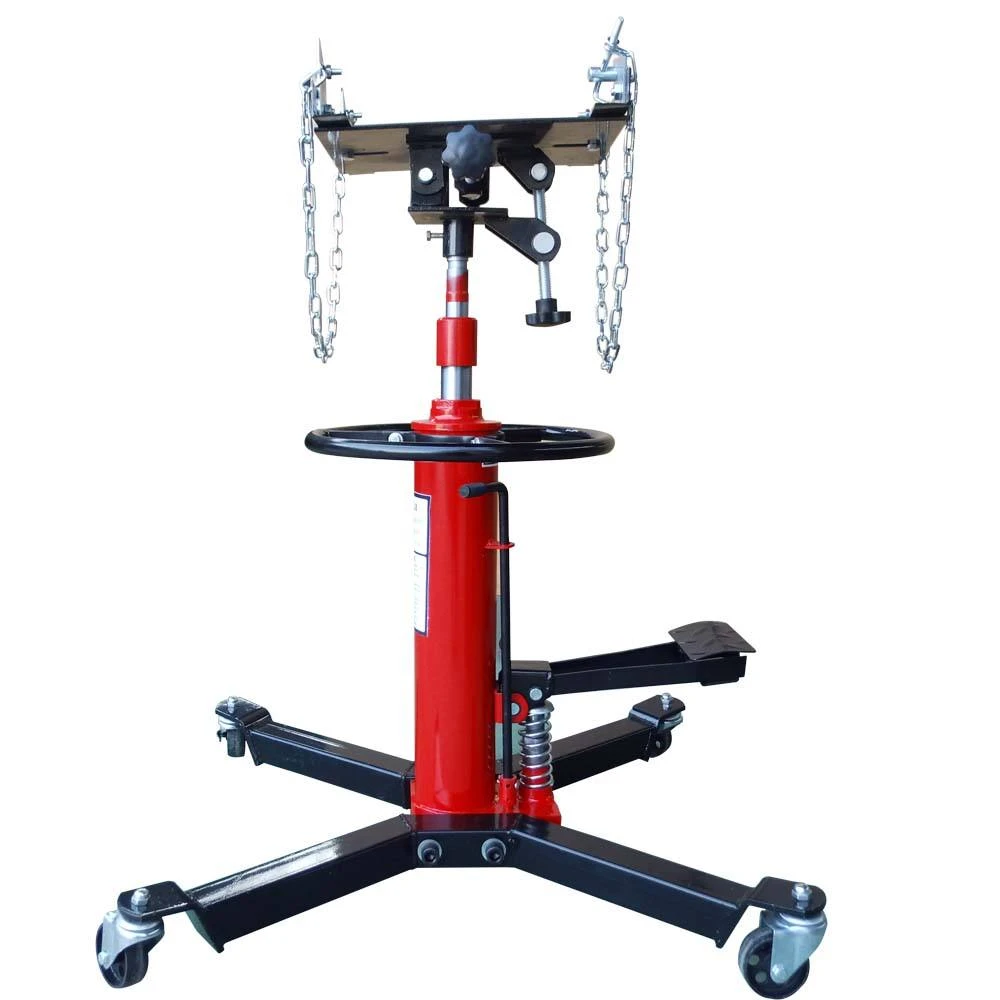Welcome to our online store!
Th1 . 25, 2025 22:52
Back To List
car floor jack
Ensuring the safety and efficiency of garage operations often relies heavily on the tools and equipment mechanics utilize. Among these essential tools is the floor jack, a device designed to lift heavy vehicles and support maintenance activities beneath them. However, many users experience a recurring issue where their floor jack won’t hold pressure. This problem not only disrupts workflow but also poses potential safety hazards. Understanding the causes and solutions to this problem is crucial for any vehicle maintenance enthusiast or professional.
The quality and type of hydraulic fluid used in a floor jack can also significantly affect its ability to hold pressure. It's essential to use manufacturer-recommended hydraulic fluid since improper viscosity can lead to inadequate pressure retention and increased wear on internal components. Periodically check and change the fluid according to your jack's specifications, ensuring optimal performance and durability. Beyond the technical aspects, regular maintenance is pivotal for ensuring long-term functionality. Removing debris, dirt, or rust from the jack’s various components can prevent operational hindrances. Regularly lubricating moving parts reduces friction and wear, extending the lifespan of the equipment. Furthermore, storing the floor jack in a dry, clean environment prevents unwanted contaminants from interfering with its internal workings. For those seeking expert advice or struggling with persistent pressure issues, consulting with a professional technician or mechanic can provide additional insights. These professionals offer an authoritative evaluation of the equipment and, often, access to specialized repair services. Keep detailed records of maintenance and any repairs, which will be beneficial in the event of contacting manufacturers for warranty services or troubleshooting persistent issues. Ultimately, ensuring that your floor jack maintains pressure involves a balance between understanding mechanical principles, performing regular maintenance, and seeking professional assistance when necessary. Being proactive not only extends the life of the equipment but also, more importantly, guarantees safety during operation. By addressing pressure maintenance concerns promptly and effectively, mechanics and vehicle enthusiasts alike can enjoy smoother, safer, and more efficient workflows, all anchored on a trustworthy tool.
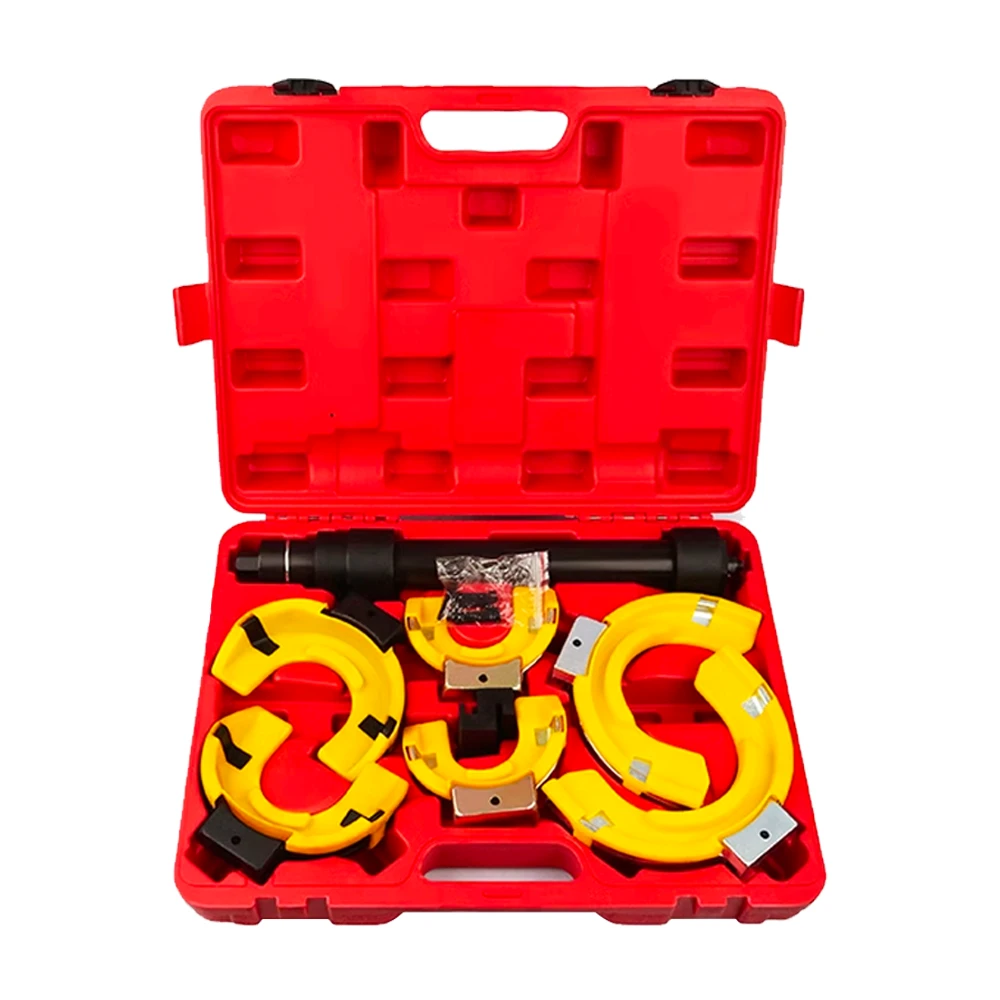

The quality and type of hydraulic fluid used in a floor jack can also significantly affect its ability to hold pressure. It's essential to use manufacturer-recommended hydraulic fluid since improper viscosity can lead to inadequate pressure retention and increased wear on internal components. Periodically check and change the fluid according to your jack's specifications, ensuring optimal performance and durability. Beyond the technical aspects, regular maintenance is pivotal for ensuring long-term functionality. Removing debris, dirt, or rust from the jack’s various components can prevent operational hindrances. Regularly lubricating moving parts reduces friction and wear, extending the lifespan of the equipment. Furthermore, storing the floor jack in a dry, clean environment prevents unwanted contaminants from interfering with its internal workings. For those seeking expert advice or struggling with persistent pressure issues, consulting with a professional technician or mechanic can provide additional insights. These professionals offer an authoritative evaluation of the equipment and, often, access to specialized repair services. Keep detailed records of maintenance and any repairs, which will be beneficial in the event of contacting manufacturers for warranty services or troubleshooting persistent issues. Ultimately, ensuring that your floor jack maintains pressure involves a balance between understanding mechanical principles, performing regular maintenance, and seeking professional assistance when necessary. Being proactive not only extends the life of the equipment but also, more importantly, guarantees safety during operation. By addressing pressure maintenance concerns promptly and effectively, mechanics and vehicle enthusiasts alike can enjoy smoother, safer, and more efficient workflows, all anchored on a trustworthy tool.
Prev:
Next:
Products categories
Latest News
-
Unraveling the World of Car Jack Economics and Acquisition
NewsJun.24,2025 -
Unraveling the Essentials of Car Jacks and Their Operations
NewsJun.24,2025 -
Unraveling the Capabilities of 10 - Ton Porta Power Equipment
NewsJun.24,2025 -
Unraveling Issues and Solutions in Car Jack Systems
NewsJun.24,2025 -
Unleashing the Potential of 10 - Ton Hydraulic Equipment
NewsJun.24,2025 -
Power and Precision in Heavy - Duty Lifting: 10 Ton Porta Power Solutions
NewsJun.24,2025 -
What Makes Car Shop Jacks and Related Tools Indispensable for Vehicle Maintenance?
NewsJun.12,2025
